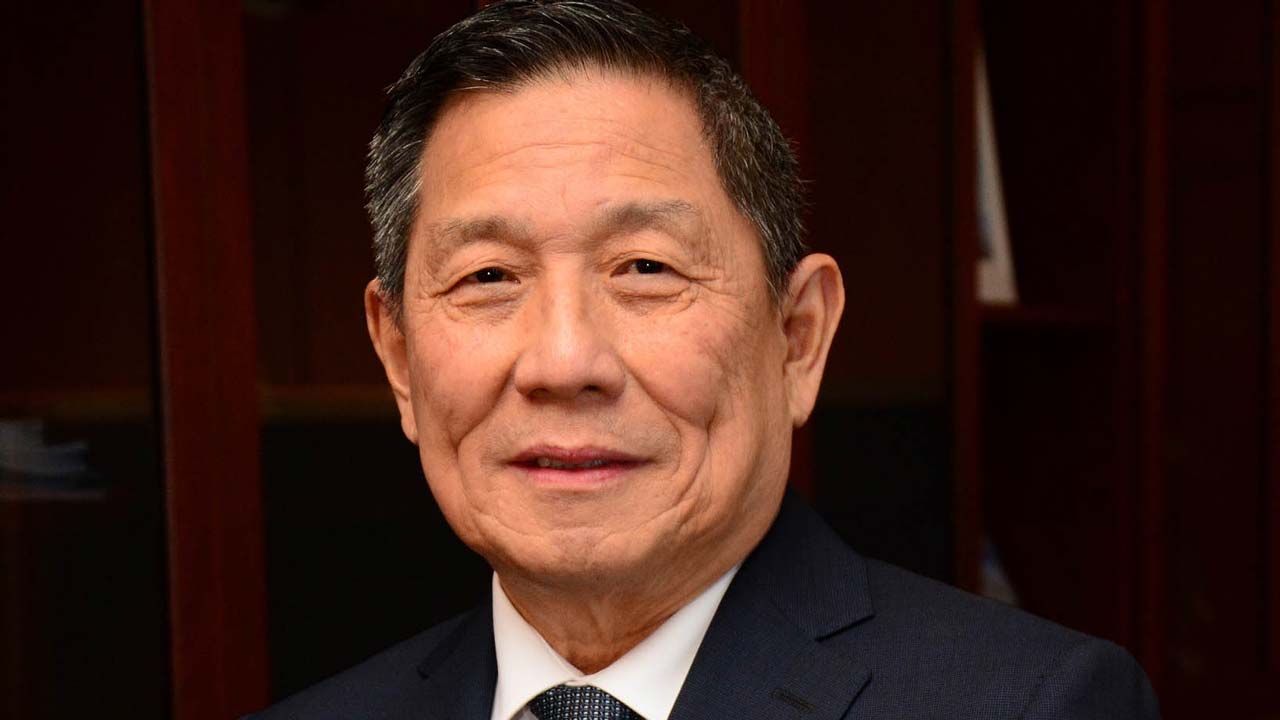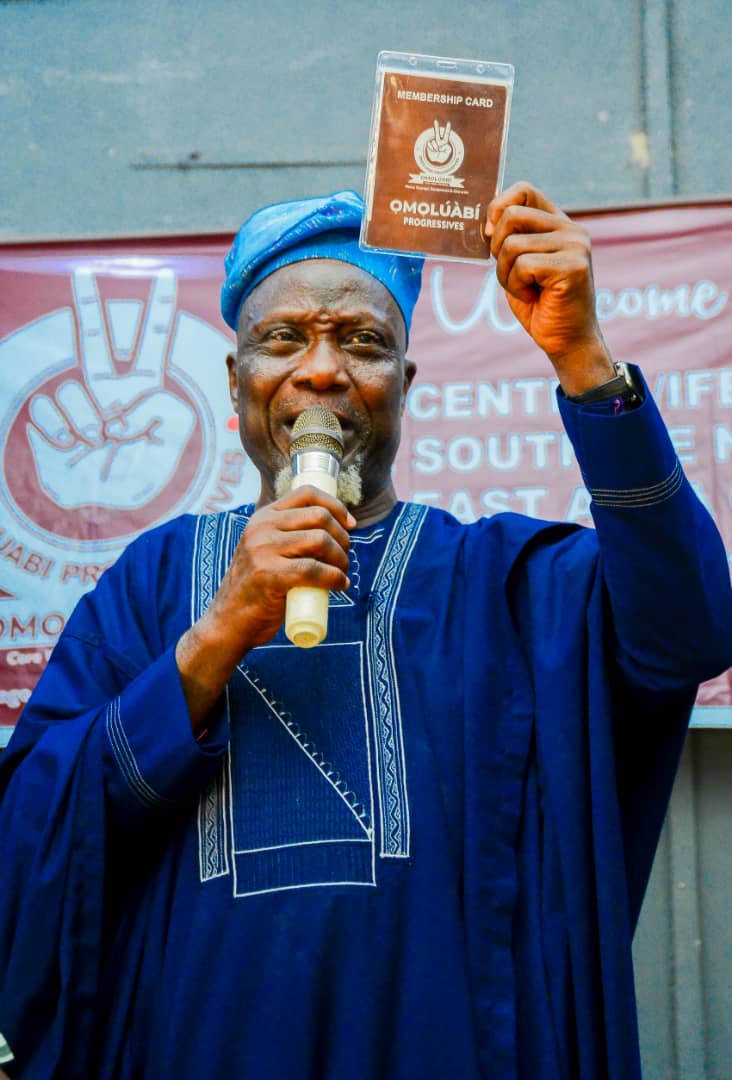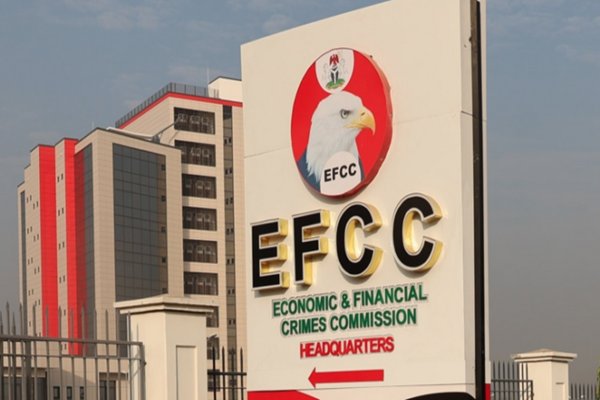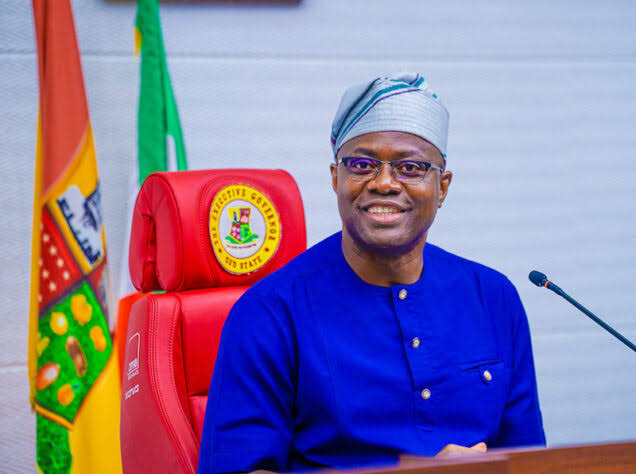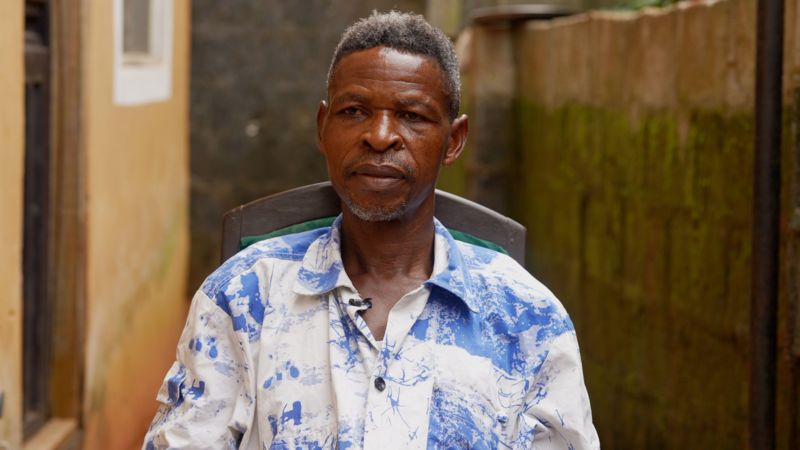For Nigeria to pull huge investment into the country, the need for government to make the incentives policies and regulatory framework more attractive and less stringent has been stressed.
The Chairman, State of Mauritius Bank Group, Kee Chong Li Kwong Wing, in an interview with The Guardian during the launch of the $300million equity offering issued through the Stock Exchange of Mauritius, said Nigeria needed some facilitation and incentives to make it become more attractive for investment.
Besides, he explained that the Nigerian Stock Exchange (NSE), also needed to make the listing requirement more flexible to boost investment in the capital market.
According to him, regulations on these incentives should be worked out in such a way that the entire process is less ambiguous and complicated, with little or no overlapping laws that make implementation time-consuming and difficult.
He pointed out that developing countries grant tax incentives to investments related to manufacturing, exploration and extraction of mineral reserves, promotion of export, tourism among others, noting that tax incentives help stimulate foreign investment.
“We have a few facilitations and incentives to do to make Nigeria attract huge investment. For example, in Mauritius, we do not have capital gain start; we do not have tax on dividend; we do not have exchange control. We also have very flexible regulation for listing because very often, listings take a lot of time and a lot of legal issues to clear; this keeps it for a very long protracted process. But in Mauritius, we have what we call, the fast track; and no tax, no exchange control, everything is electronic, things can be done very quickly.”
Speaking of the nation’s diversification plan, the bank chief urged the government to identify the comparative advantage it has in various sectors compared to other countries, adding that success of the exercise would also attract more investment into the country.
“Diversifying Nigerian economy entails diversifying out of oil and gas. Nigeria is a huge country with huge resources, population, and dynamic demographics. Nigeria has a lot of comparative advantage in many sectors. Nigeria should just sit down and identify which comparative advantage in which sector plays in its favor compared to other countries, and just capitalize on that and grow the economy.”
The President, Afreximbank, Dr Benedict Oramah, argued that Nigeria can attract more investment through dual and cross boarder listings.
He noted that listing between NSE and other exchanges like that of Mauritius would drive deeper markets that will enable capital formation for businesses through the creation of larger liquidity pools.
To this effect, he said there is the possibility of listing the $300million equity instrument on the Nigerian Stock Exchange to increase investment in the nation’s capital market.
“There is a possibility of a dual listing, we will explore that possibility to discuss with NSE whether that is possible, and if it is we will try and link up NSE and the Stock Exchange of Mauritius to work out how such listing will work out in future.”
A Senior Lecturer at Lagos Business School, Dr Doyin Salami, said government’s commitment to the sustainability of economic reforms would also attract investment into the country.
He, however, added that the nation’s growth sustainability would depend on private sector involvement for private capital to ensure infrastructure development and facilitate the ease of doing business in Nigeria.
Source: The Guardian

